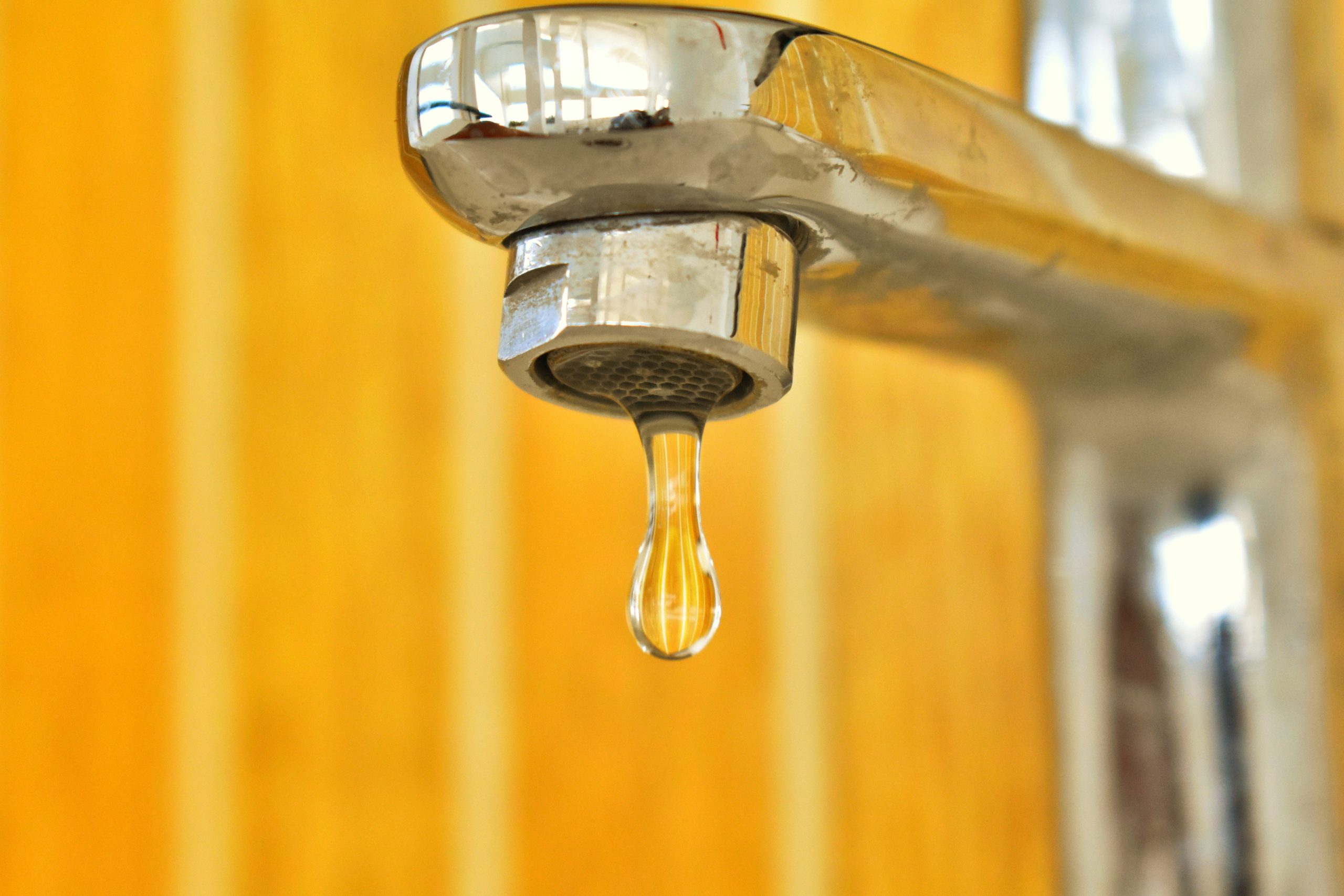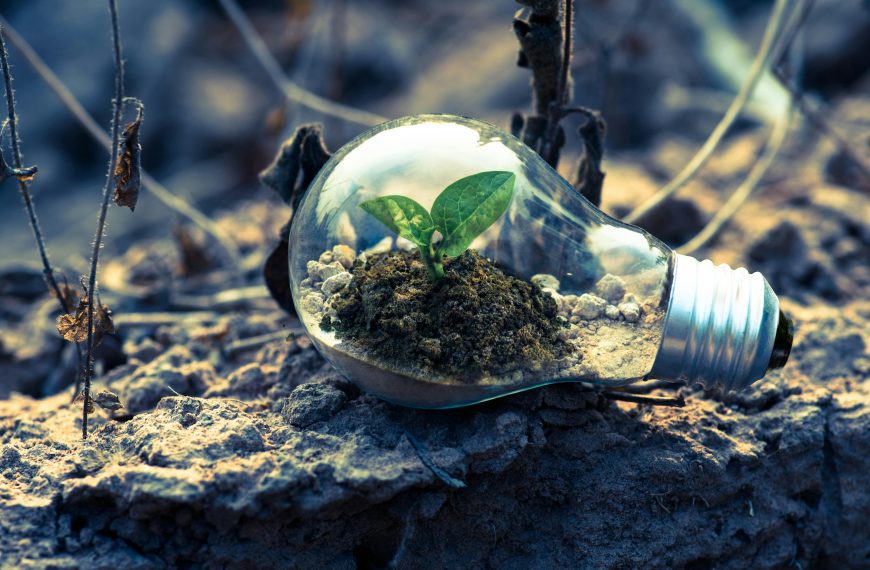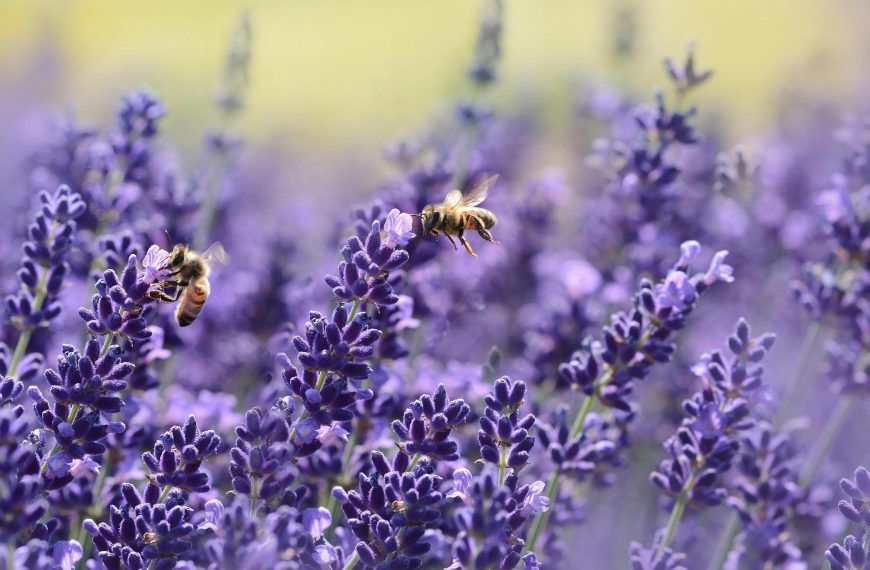In today’s world, where environmental concerns take center stage, adopting a lifestyle that prioritizes sustainability has become more crucial than ever. One of the integral aspects of this way of life is water conservation. As freshwater resources continue to dwindle and the impacts of climate change escalate, there is an urgent need to preserve and safeguard our water sources. This article delves into the significance of water conservation within the context of a broader lifestyle, exploring its numerous benefits, effective strategies, and the collective responsibility we all share.
The Significance of Water Conservation: A Global Perspective
Water, often referred to as the elixir of life, is an indispensable resource essential for the survival of all living organisms. However, clean and accessible water is rapidly diminishing due to a combination of factors including overextraction, pollution, and the effects of climate change. Disturbingly, according to projections by the United Nations, nearly half of the global population could face water scarcity by 2030. This impending crisis carries far-reaching consequences that impact crucial sectors such as agriculture, energy production, public health, and overall community well-being.
The Interplay Between Lifestyle and Water Conservation
Adopting a sustainable lifestyle goes beyond making personal choices; it signifies a commitment to preserving our environment for present and future generations. Water conservation is a pivotal component of this commitment. By incorporating practices that minimize water waste, we not only alleviate pressure on water sources but also contribute to reduced energy consumption. It’s worth noting that treating and distributing water demands a significant amount of energy; hence, being mindful of our water usage is essential.
Advantages of Water Conservation
- Preserving Ecosystems: Water scarcity negatively impacts ecosystems, leading to habitat degradation and loss of biodiversity. Conserving water becomes paramount in ensuring the sustainability of these environments and the species that depend on them.
- Addressing Climate Change: The energy-intensive processes involved in pumping, treating, and distributing water contribute to carbon emissions. By curbing our water consumption, we indirectly mitigate climate change by reducing reliance on energy-intensive methods.
- Protecting Agriculture: Agriculture heavily relies on water for irrigation. When water is scarce, crops can fail, potentially causing food shortages. Efficient water usage is pivotal in securing the food supply chain.
- Saving Money: Implementing measures such as fixing leaks, using water-efficient appliances, or utilizing rainwater for gardening can lead to substantial financial savings through reduced utility bills over time.
- Ensuring Reliable Water Supply: Conserving water is essential to provide a dependable water supply for both current and future generations, particularly in regions prone to droughts or facing high levels of water stress.
Tips for Incorporating Water Conservation into Your Daily Routine
- Fixing Leaks: Even seemingly minor leaks from faucets or toilets can collectively waste thousands of gallons of water over time. Promptly addressing and fixing leaks is crucial.
- Water-Efficient Appliances: Opt for appliances designed to be water-efficient when upgrading. High-efficiency washing machines, dishwashers, and toilets consume less water while maintaining optimal performance.
- Shorter Showers: Reducing shower time by just a few minutes each day can result in significant water savings. Using a shower timer can help maintain awareness of water use.
- Collecting Rainwater: Embrace rainwater harvesting by collecting and storing rainwater for non-potable purposes such as watering plants and cleaning tasks.
- Xeriscaping: Consider adopting xeriscaping techniques in landscaping, focusing on water-thrifty plants that require minimal irrigation, reducing water usage and the need for chemical interventions.
- Greywater Recycling: Instead of discarding greywater from sinks, showers, and washing machines, explore the option of treating and reusing it for irrigation or flushing toilets, reducing reliance on freshwater sources.
The Power of Collective Action
While individual efforts are commendable, the collective impact of communities, cities, and nations is unparalleled. It is imperative for governments, businesses, and institutions to actively implement policies and practices that promote water conservation. This involves investing in water infrastructure, conducting awareness campaigns, and incentivizing responsible water use. A comprehensive approach is crucial to ensure the preservation of this invaluable resource.
Education and Advocacy
Education plays a pivotal role in driving change. Schools, community centers, and online platforms can provide resources and workshops on water conservation. Equipping individuals with knowledge empowers them to make decisions that align with an eco-friendly lifestyle.
Water conservation should not be viewed as a mere effort but as an integral facet of harmonious coexistence with our planet. Embracing an eco-conscious lifestyle entails dedicating ourselves to the protection of Earth’s resources for the betterment of future generations. The urgency of the water crisis demands action on all fronts – from individual actions to community initiatives, government policies, and industrial practices. By valuing and conserving water today, we take a resolute step toward building a future where prosperity is shared by all.









